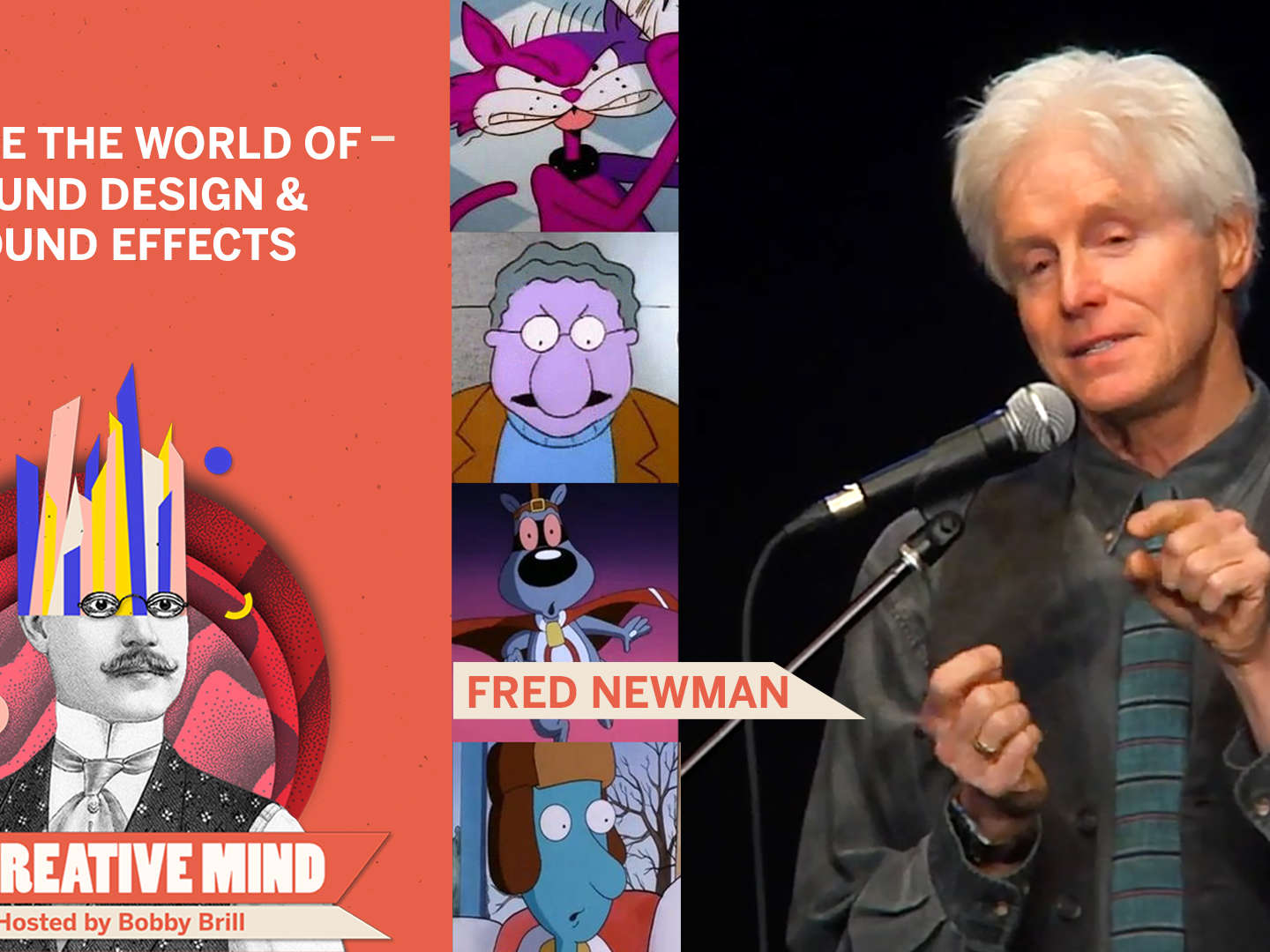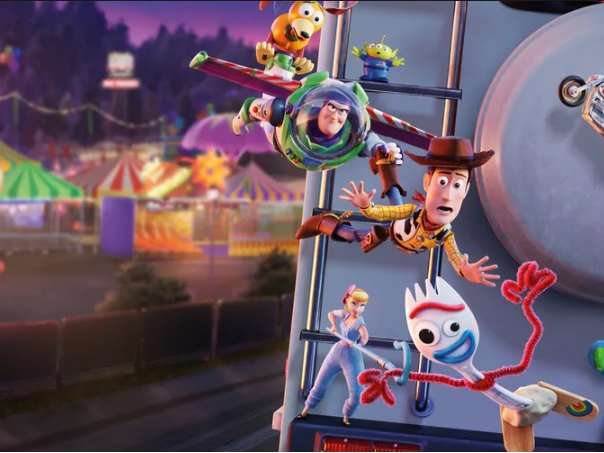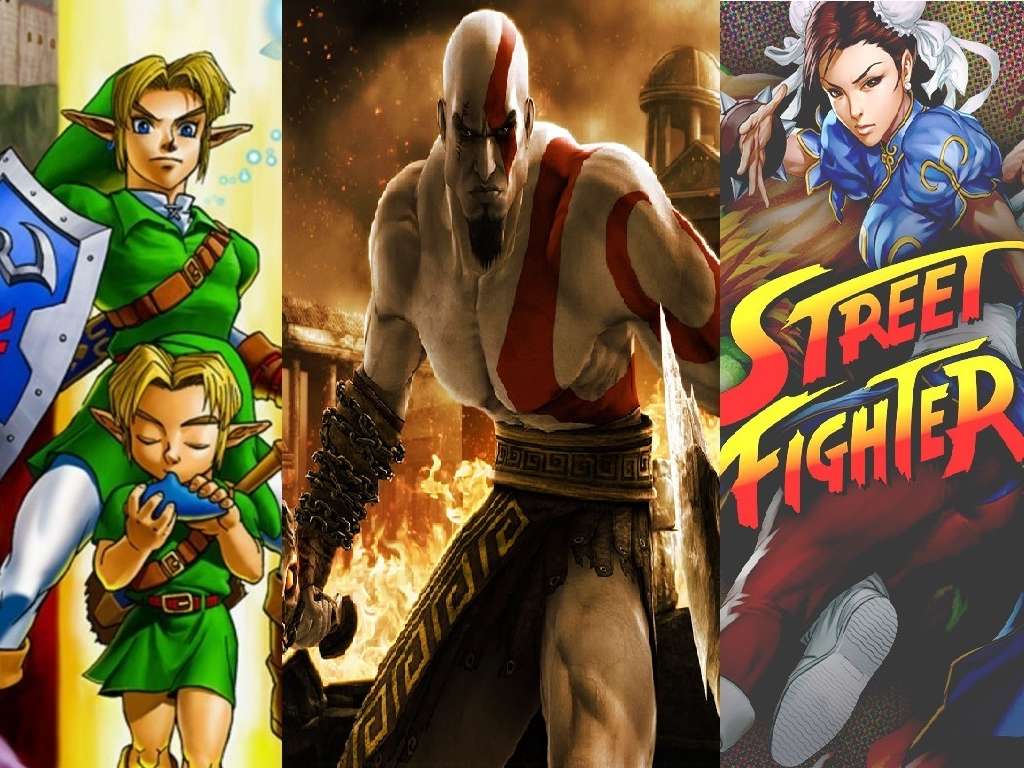Entertainment Arts and Independent Films and Music: Exploring Indie Media
What makes films and music independent? Find out more about indie media in entertainment arts, including how it started and what sets these apart.
Indie music and movies have been catching the public interest for many years, but what does the term “indie” actually mean in entertainment arts? What makes a film or music indie? Read on to get a better understanding of the difference between independent media, such as music and films, and mainstream media.
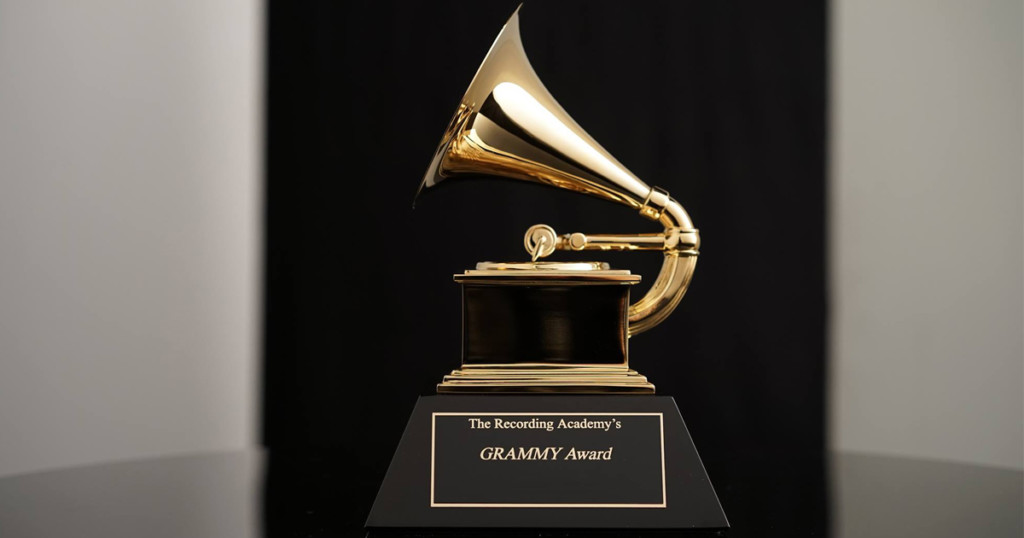
Discovering Indie Arts
Indie arts refer to music and films that aren’t being produced by major labels or studios. In fact, indie movies and music are made on independent record labels or by independent studios. As far as specific genres go, it’s difficult to pinpoint ones that define indie music and movies. These films and albums or songs can come from any traditional music or movie genre.
So, how did indie music and movies get their start? Indie music and movies both got their start as a way for independent labels to produce and release media. These indie labels and film studios allowed musicians and filmmakers to get out from under the thumb of major labels and studios. In fact, the Grammys has ties to independent music. The Recording Academy that hosts the Grammys each year was originally made up of 25 independent labels.
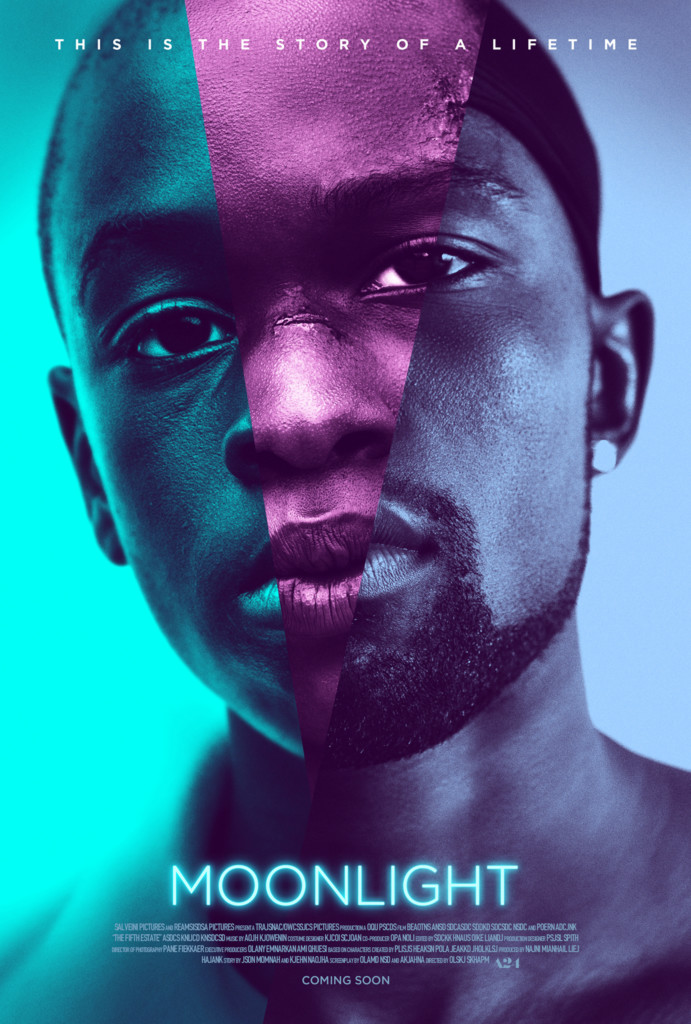

The Making of an Indie Movie
Indie movies are ones that independent movie studios produce and distribute. These films don’t rely on the resources and heavy promotional campaigns that major film studios provide. Yet, there are award shows and festivals, such as Sundance, that showcase indie films from around the world. Indie movies have been on the rise thanks to advancements in filmmaking technology, such as digital cameras and editing software.
Some recent examples of indie movies that have won major awards and gained critical acclaim include Get Out, Moonlight, Black Swan, and Spotlight.
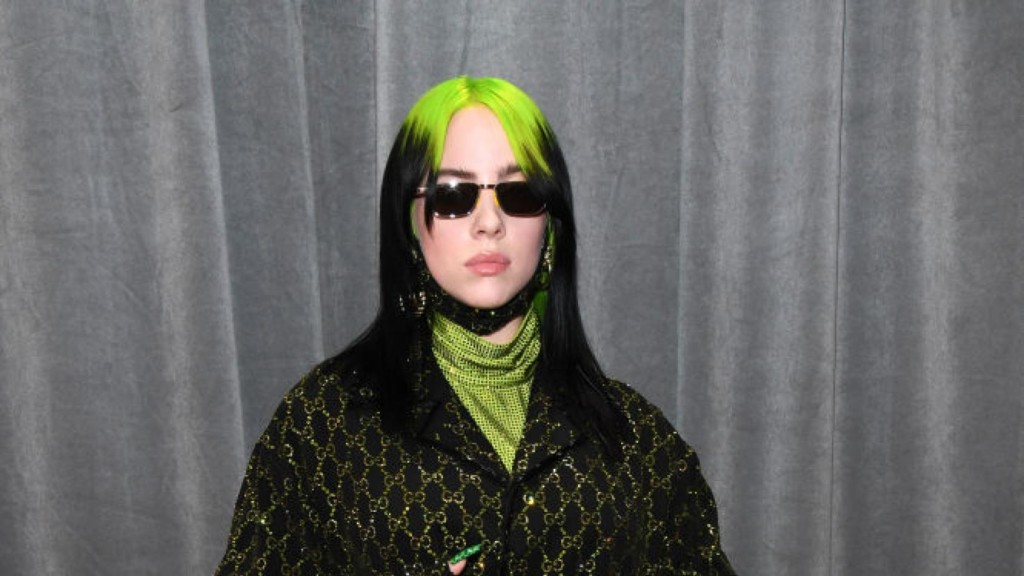
The Making of an Indie Music Production
What sets indie albums and other musical works apart from mainstream music? Independent music is produced and distributed by independent labels in most cases. However, this might not always happen. For example, independent labels are sometimes distributed by major labels or even owned by major labels. Some indie artists choose to have their music handled this way to have access to the resources from major labels. Independent labels generally allow artists more leeway in creativity or originality, but they also have to work harder at promoting their work.
Some examples of successful indie musicians and bands include Chance the Rapper, Billie Eilish, Lana Del Rey, and The Weeknd.
Indie Pros and Cons
Ultimately, one of the easiest ways to determine if a film or music is indie is if it was produced without the benefit of studio machinery. And this is what primarily makes an indie production enticing: the promise of creative freedom. For many acts, being tied to the studio means letting go of some of these freedoms, and for those unwilling to compromise, this is not a viable direction for them to take.
On the other hand, this creative freedom that comes from being independent is not without cost. In this case, it’s a financial one. Because there is no big studio backing the production of the music or film, the artists are pretty much let to find various channels that will be willing to fund their project. It is also very common for artists to produce directly from out of their own pockets, with some even resorting to loans.
Their logistical nightmares don’t end with production, though. There’s still the distribution aspect to think about, which is where ROI (return of investment) is supposed to come from. Regardless of motivation or cause behind the project, fact of the matter is that money was spent in its creation. Especially if it was paid off through the good will of family and friends, or the artist’s personal savings, it becomes all the more important to at least try and recoup some of that cost.
Indie Going Mainstream
Now that we’ve covered the differences between indie movies and music, let’s look at what happens when indie goes mainstream. What happens when a movie or music wins awards or becomes a commercial success? Is it still considered indie, or does it become mainstream?
These movies and music are still technically considered independent, since they came from indie labels or studios. Although they can end up seeming more mainstream in terms of viewership and profit, they’re still examples of independent media — successful ones at that.
The entertainment arts industry is a highly competitive but extremely gratifying field. Whether you’re interested in mainstream or indie media, success comes with rigorous hard work, dedication, and hustle. Get training in our music or film school to learn what it takes to become a top-notch media producer.
If you’re willing to work hard for your dreams, request information to learn more about all the courses that we offer here at Academy of Art University. Speak with an admissions representative to help inform your academic decision. When you’re ready, apply to join our community.



